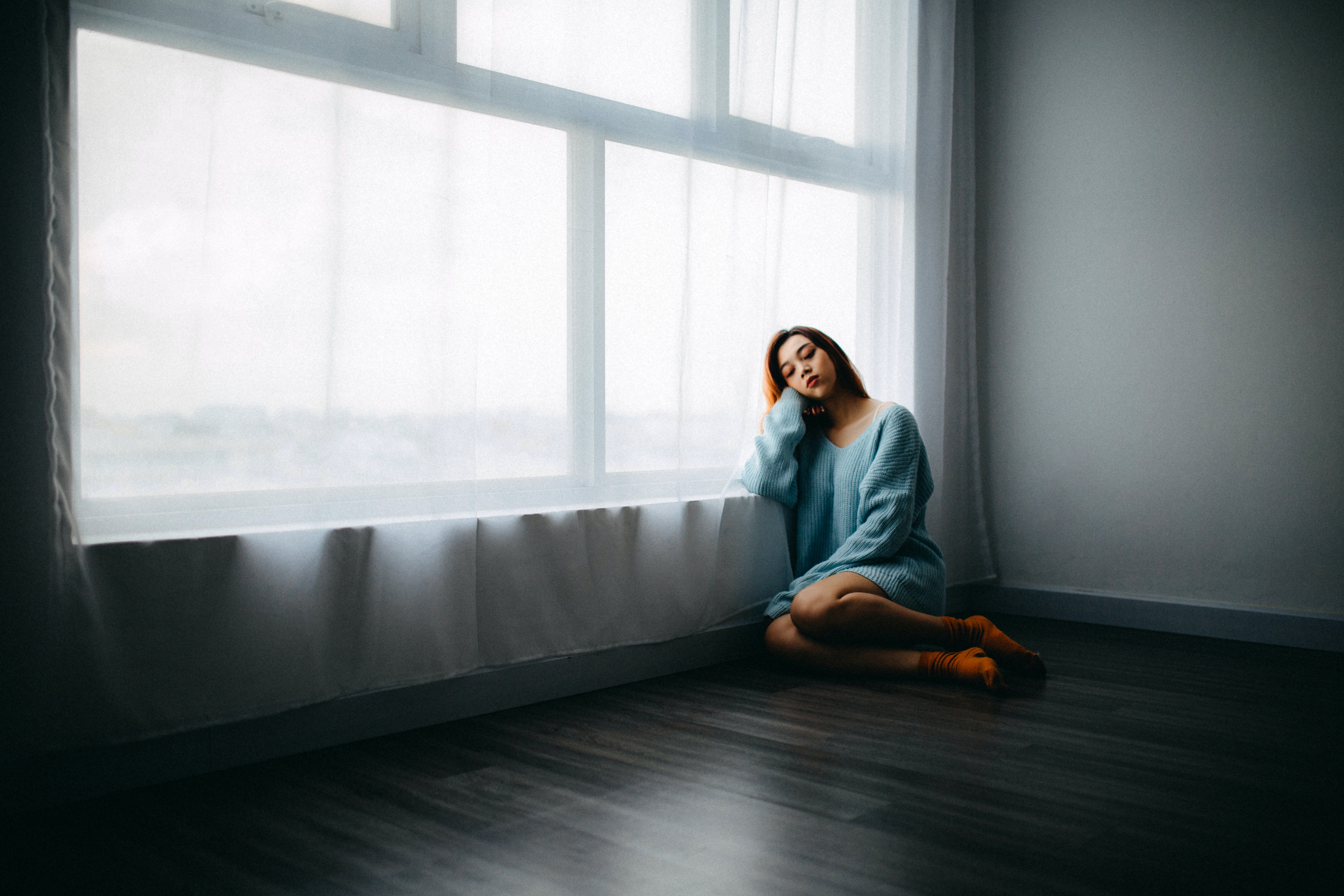 According to a recent study by Cigna, more than half of Americans experience loneliness. While connections are as important to well being as they were a hundred years ago, our modern society has contributed to weaker social connections. The negative consequences of loneliness are physical, resulting in increased inflammation, as well as mental.
According to a recent study by Cigna, more than half of Americans experience loneliness. While connections are as important to well being as they were a hundred years ago, our modern society has contributed to weaker social connections. The negative consequences of loneliness are physical, resulting in increased inflammation, as well as mental.
As illness from COVID-19 spread, the need to limit contact with others was a necessary step to save lives. As a result, our medical community is focused on the physical health of those who have become ill with it. But social distancing results in a new problem of increasing the feelings of loneliness, making loneliness its own public health crisis.
Previous research shows that social isolation and the resulting loneliness negatively impacts immune functioning and raises cortisol levels. With COVID-19, even having brief conversations with strangers to ward off loneliness is off the table for now. And with social distancing in effect with an unknown end date, our loneliness epidemic is likely to become worse. While the economic effects are measurable in terms of dollars, the long term fallout from social distancing is harder to quantify, yet just as serious.
Dr. Jeanne Hurlbert, Chief Data Officer of Smart Counseling conducted research on how social networks and social support reduced stressful effects after Hurricane Katrina and found that individuals who had better social support fared better. Hurlbert said, “We measured levels of depressed mood; symptoms such as feeling that you couldn't get going, feeling sad, feeling lonely, having trouble sleeping, feeling that everything was an effort, feeling that you couldn't shake the blues or having trouble focusing on a task. Among people who said they had enough people to help them only some of the time, 49% reported high levels of depressed mood. That percentage fell to 23% among those who had enough people to help them most of the time and 19% among individuals who reported having enough people to help them all the time.” With social distancing increasing feelings of loneliness, depression is a natural result. It is hard for people to have any support when seeing others in person may not be possible.
Psychiatrist Jared Heathman, MD, notes loneliness can affect the immune system, further supporting the theory that loneliness has a negative physical outcome as well as a mental one. He says “loneliness and isolation are depressing events. Add the fear and uncertainty of the global pandemic, recession, and increased unemployment rates. These are many anxious and depressing ingredients added to our daily lives. More Americans are finding themselves not exercising as much with gyms closed, or they can't go on their normal group bike rides. Others are breaking their healthy diets with comfort foods instead of eating healthy at work. Many find themselves lying awake with insomnia due to the stressors. Poor sleep and an unhealthy lifestyle negatively affect our immune system. Loneliness and isolation are the rocks strategically placed in our path that cause us to stumble.”
The ramifications of loneliness around COVID-19, both physical and mental, are serious and long-term. As challenging as it is during this required time of social distancing, everyone needs to find a way to stay connected to minimize the effects of isolation. COVID-19 is a pandemic, but there may be one light at the end of this dark tunnel. Dr. Frank Chen, Chief Medical Officer at Houston Behavioral Healthcare Hospital and Houston Adult Psychiatry, sees a potential benefit of this for those who are navigating serious mental illness. Chen observes, “I think this situation might actually bring better understanding to those of us who are not navigating a serious mental illness. When thinking about serious mental illness, like schizophrenia, it is possible that many of our patients worry about things like a global pandemic all the time. This can bring empathy for these patients to the rest of our society. We now know this fear in a way we may never have before which can bring us closer as members of our larger community.” Perhaps empathy and compassion towards others will be the one positive outcome resulting from an otherwise tragic scenario.
Tina Arnoldi, MA is a marketing consultant and freelance writer in Charleston SC. Learn more about her and connect at TinaArnoldi.com